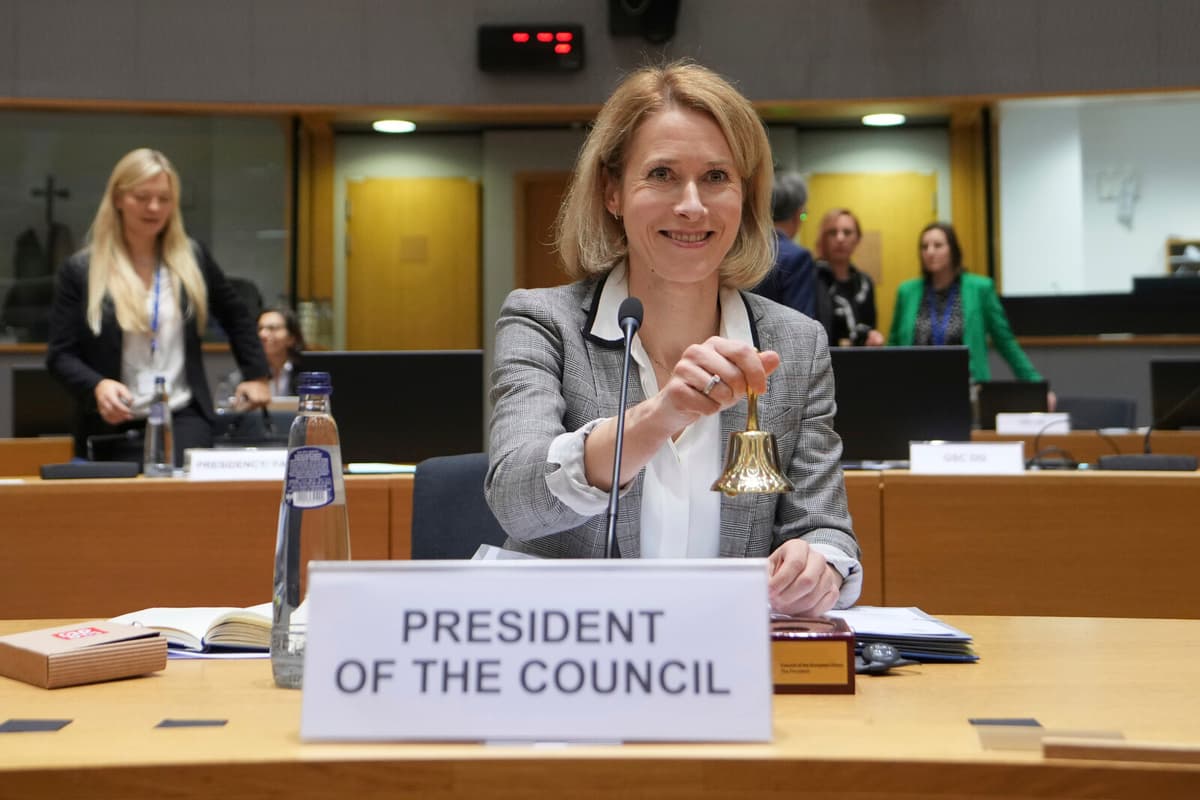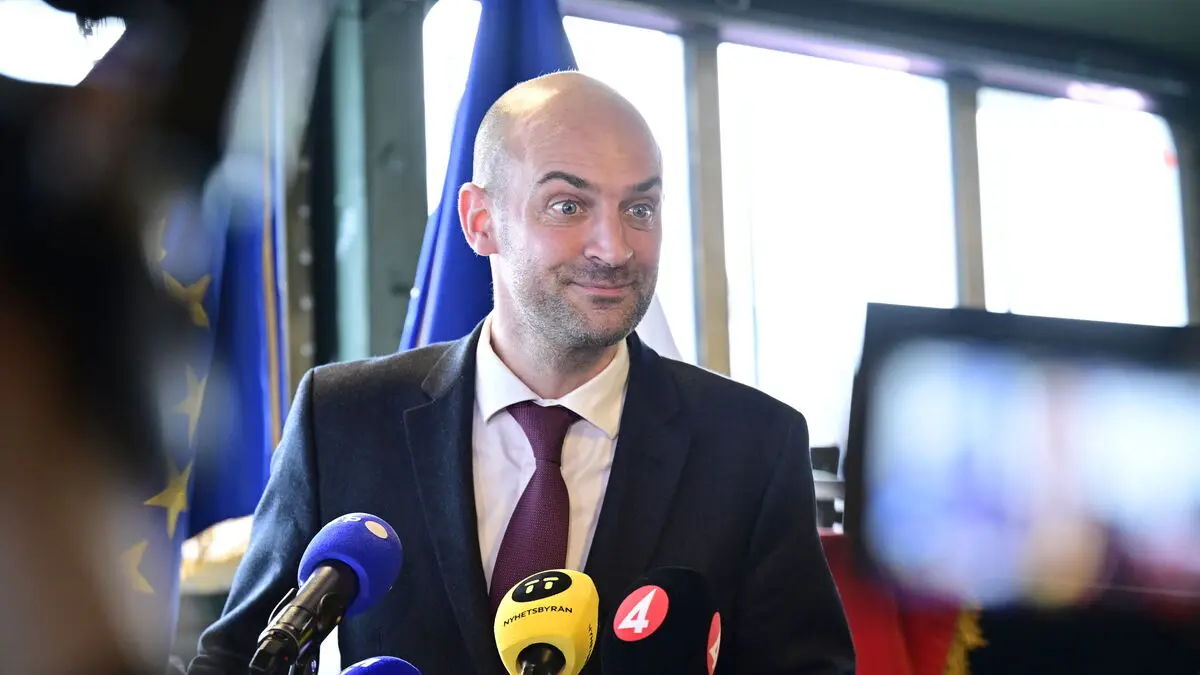The measures against Georgia come as a consequence of the violence against demonstrators in the capital Tbilisi after the parliamentary elections earlier this fall.
A first symbolic step, says EU's newly appointed Foreign Minister Kaja Kallas after Monday's meeting with EU countries' foreign ministers.
However, there will be no real sanctions against Georgian politicians yet. The resistance is still strong, primarily from Hungary.
"Should be noticed and felt"
Like her predecessor Josep Borrell, Kallas will likely have a tough time getting Hungary to agree to many of the decisions that require total unanimity in the EU.
This is my first Hungarian veto, but I can guarantee that it won't be the last, she says ironically.
Sweden is one of the countries that would like to see tougher measures against Georgia.
From Sweden's side, we will push for it to be noticed and felt if one has contributed to violence against demonstrators, says Foreign Minister Maria Malmer Stenergard (M).
Ships and hybrid agents
In parallel, a whole range of other sanction decisions were nailed down on Monday. Above all, the EU's 15th package concerning Russia's war against Ukraine was adopted, with a long list of new individuals on the sanctions lists.
In addition, 52 ships from the so-called "shadow fleet" that helps Russia circumvent previous sanctions against the country's gas and oil trade are listed.
Moreover, the first names have been put on the EU's new sanctions list of individuals and organizations accused of Russian-orchestrated hybrid attacks in various EU countries.
For example, sanctions are imposed on a Moldovan businessman accused of being behind a Russian-initiated campaign to stir up emotions around the war in the Middle East by painting David's stars on house facades in Paris.
Here are some parts of the EU's latest sanctions package concerning Russia's war in Ukraine:
* An additional 54 individuals and 30 companies or organizations will have their potential assets frozen in the EU and will not be granted entry visas. For the first time, Chinese representatives are now also included on this list.
* An additional 52 ships are banned from entering EU ports as they are accused of helping Russia circumvent previous oil and gas sanctions.
* An additional 32 companies are added to those subject to export restrictions as they are believed to have been involved in forwarding equipment that can be used militarily. This includes companies from China, India, Iran, Serbia, and the United Arab Emirates.






